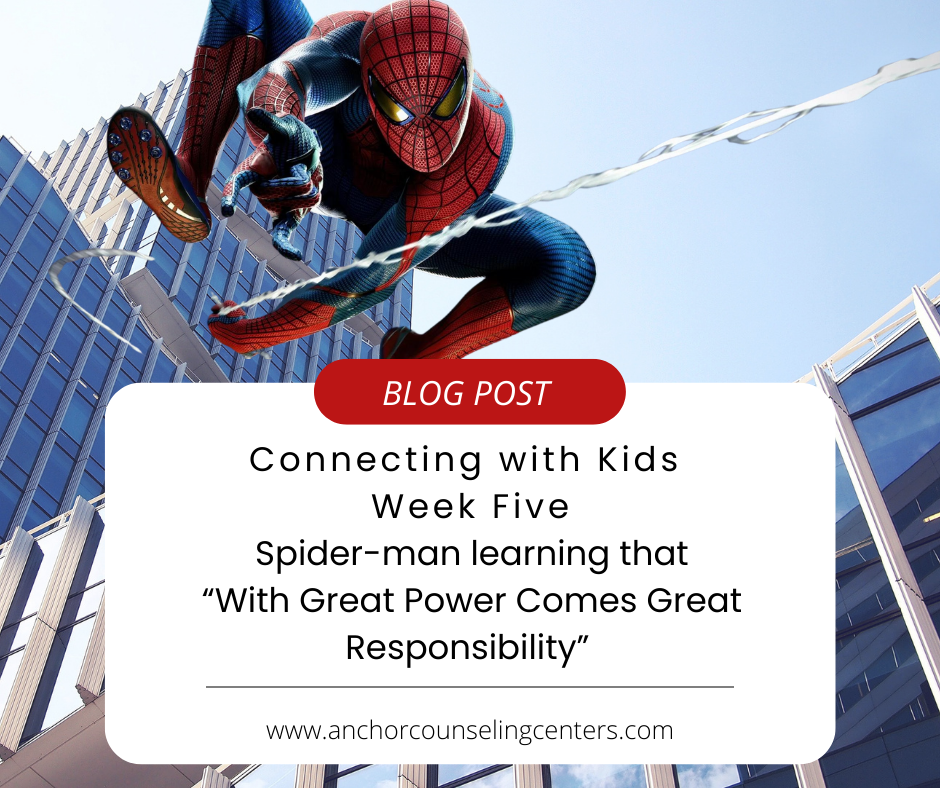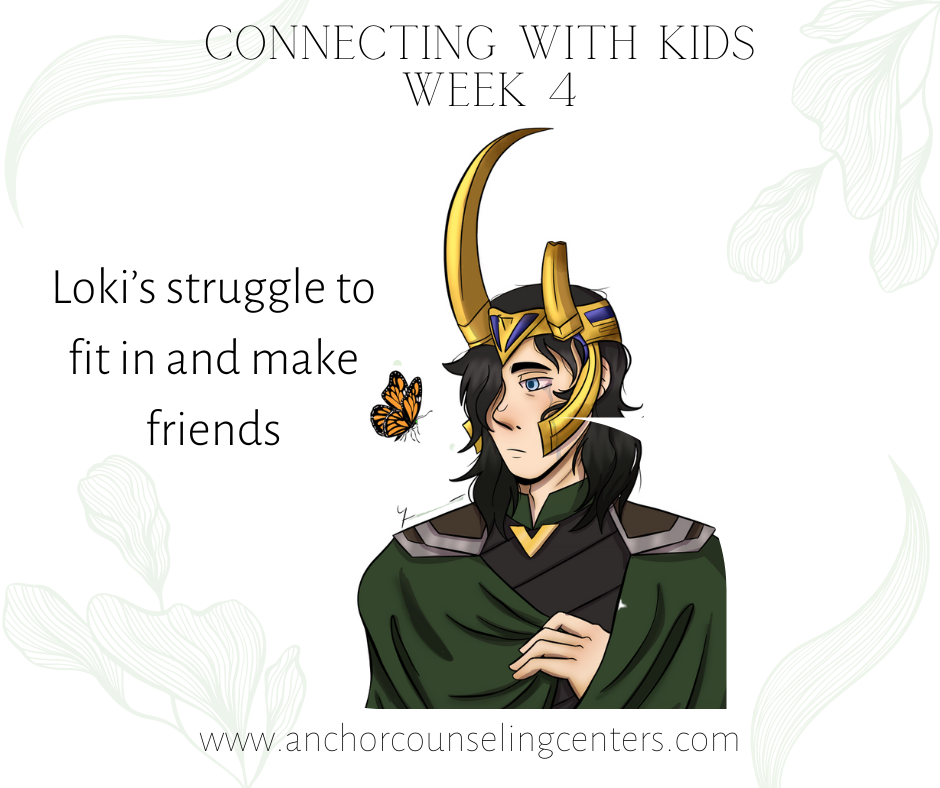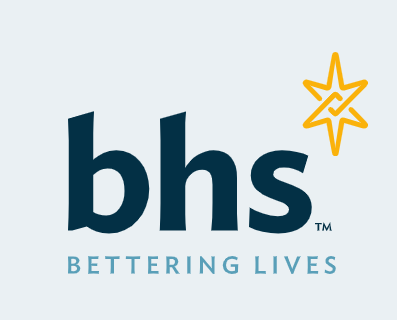|
The Avengers are a dream team in the comic book world. Each Avenger brings its own powers, abilities, and personality to make an unstoppable team. Being part of a team is amazing but can also have innate challenges.
In this last blog of the 6-week series, we will dive into how to be part of a successful team and discuss the importance of teamwork. There is no “i” in team (or Avengers) and exploring how to excel in a successful team can set your child up for success in the future. A team can range from a sports team to a boy or girl scout troop, or even your nuclear family unit. We can use the language of teamwork and apply it to the framework of the family by switching up a few words. 1. Respecting each other and defining roles within the team Teamwork requires respect from each of its team members. While we would like to always show respect to others, it can be difficult in a moment of stress or excitement. Everyone has their own strengths and weaknesses. When a team or individual is able to figure out their challenges, the team can play on strengths and become unstoppable. Each of The Avengers brings their own strengths and has a conversation (and demonstration) of their individual powers. This sets up the team for success because they define their roles within the team before they venture to save the world. How you can talk to your child: “When I think about The Avengers, I think they are the best team I have ever seen. Each team member brings their own strengths to the group and they are respectful of their differences. While the Hulk can “smash,” Iron man can fly and invent futuristic weapons. Black Widow can fight from the ground, while Hawkeye is able to shoot arrows into the air. If everyone on the team had the same powers, do you think the team would be successful? What are some strengths you can bring to your team? Have you noticed that you are better than others on your team at something? What about [friend], do they have a different or similar strength? I noticed you like to be a striker on the soccer field and score goals while [friend] prefers goalie. What would happen to your team if you had 2 strikers and no goalie or vice versa? Do you think your team would do great or struggle?” 2. Communicate with your team members Communication is a key element in a successful team. Some may argue that it is the most important element of a team, family, or group. When The Avengers need something to be smashed, they clearly ask the Hulk to smash it. When the Black Widow needs a boost, she clearly calls for Captain America to send her into the air using his shield. When teams communicate well and work together, they are successful. I use the phrase, “unclear is unkind.” This means that if we are unclear, it makes for poor teamwork and poor communication. The Avengers use their words as tools to complete their tasks and missions, while also using their words kindly. How you can talk to your child: “I loved seeing Captain America and Black Widow working together so well. She clearly called out to him for a boost on his shield and he was happy to help! What do you think would happen if she called for a boost and he ignored her? That would cause a lot of trouble! It seems like clear communication is a big part of a team. How do you communicate with your teammates? Are you clear or do you just yell or get frustrated? What are some ways that we can work on you being clear about what you need? I am always here to listen to your needs as well as help you to form clear and kind sentences to express how you are feeling.” 3. Celebrate victories, whether they are big or small It is important to boost the confidence of your teammates to develop a successful team. No matter how big or small the victory is, the team should celebrate their success as well as the individual’s success. Every time an Avenger completes a task, the other teammates are the first ones to congratulate them or cheer them on. If an Avenger fails, the team is also there to pick them up and move forward. The mentality of a team will shape its success, and encouraging others on the team is a foundational part of that success. How you can talk to your child: “Every time an Avenger succeeds, their entire team cheers for them. I wonder if it helps The Avengers be a more successful team knowing they have support and encouragement from each other. Is there a time you have cheered your teammates on and have seen a difference in their confidence? I bet it feels really good to know you have a supportive group behind you. What are ways you can cheer on your team? I like to clap for you when you are playing [sport or event] to show my support. I bet the more you celebrate someone’s victories, the more excited they are to participate and continue to build that confidence.” To wrap up, here is an example of a script to talk to your child: “The Avengers is a dream team of superheroes in the comic book world. They all come together with a common goal in mind- to save the world from evil. They each bring a different strength and power and they all show respect for each other. They understand each other’s strengths and challenges and work together to make a successful team. I have noticed their communication is clear and concise. When they need something, they ask for it and a teammate is always willing to step in and help. Do you feel like you are a team player or is there a place you can improve to help your team to be as successful as The Avengers? Being clear and respectful to teammates makes for a successful and powerful team. I also noticed that The Avengers celebrate each other as well as the team’s victories. Do you think celebrating victories, no matter how small boosts confidence? How do you feel when you see people cheering for you? Do you think you can make others on your team feel good by cheering them on? Being part of a team can be challenging but very rewarding. It is important to learn about teamwork so you can help your team be successful. You may have to make some sacrifices to be a team player, but it is worth it to see a successful team. Spoiler alert: At the end of The Avengers movie, Ironman makes the ultimate sacrifice for his team to win (his life).” I encourage you to comment below or ask questions in the post, I’d love to hear your feedback. If you have a question or topic you think would be a good fit, please feel free to email me at [email protected] or if you are interested in scheduling a therapy appointment, click here.
1 Comment
Peter Parker was a “normal kid” who always seemed to have the best interest of others in mind. He was kind, loyal, and intelligent. He became Spider-man when he was bit by a radioactive spider and developed a Spidey-Sense, super strength, and enhanced reflexes. Spidey-Sense is Spider-man’s ability to sense and react to danger before it happens.
Right before Uncle Ben passed, he reminded Peter Parker to maintain his integrity and continue to mature into a kind man. Uncle Ben famously told Peter, “with great power comes great responsibility.” This means that if you have the ability to do something, make sure that you do it for the good of others. Your child has the ability and option to make good and “bad” choices every day. The best way to learn is to make mistakes, but doing the right thing is challenging. This week, we will explore Spider-Man and how to discuss choices and how to use your Spidey-sense to your advantage. 1. Discussing good vs bad choices We go through life every day making decisions. Some decisions are small and some can largely impact our lives. One good or bad decision can shape who we are for the rest of our lives. When Spider-man was bit by the spider, he became a superhero. He practiced using his web sling, perfecting his strength, and using his fast reflexes to his advantage. Unbeknownst to him, Peter Parker was given a choice to use his powers for good or evil, and Spider-man chose to fight crime and make New York a better and safer place to live. How you can talk to your child: “The day Peter Parker was bit by the radioactive spider, he had a choice to make; will I use my power for good or evil? He made the decision to use his power for good and help New York become a safer place to live. That was a brave choice, and Peter Parker became the famous Spider-man! Has there been a time that you had to make a choice that was difficult? What was that choice and what happened after you made the choice? Making the right choice can be hard, but I am proud of you. Spider-man took on a lot of responsibility when he decided to fight crime and join The Avengers, but he made the right choice and used his powers for good and not evil.” 2. Identifying and using your Spidey-Sense to your advantage As adults, we are able to identify our intuition or our “Spidey -Sense.” Children have a harder time connecting their intuition to a feeling of right or wrong, but if we can help them identify the physical feeling inside their bodies, they can hone in on their own Spidey- Sense. Spider-man is famous for his Spidey-Sense. He is able to detect when something is wrong by a feeling inside of his body. By using the 3 A’s (awareness, acknowledgment, and action), Spider-man is able to identify the feeling and leap into action. How you can talk to your child: “One of Spider-man’s most famous superpowers is his Spidey-Sense. Spider-man is able to sense when something is wrong and spring into action. You also have a Spidey-Sense, and if your intuition is used to your advantage, you can sense things that are wrong which can help you use your good judgment. Spider-man is able to use the 3 A’s - awareness, acknowledgment, and action- when he feels his Spidey-Sense go off. He is aware that he feels, he acknowledges the feeling, says out loud “my Spidey-Sense is going off,” and makes the decision to jump into action to fight crime. What does your Spidey-Sense look like? When you are high on the playground, do you get a feeling that it is unsafe to jump [insert your own example here]? Have you ever had a feeling in your stomach that makes you think you are not making a good decision?” 3. “With great power comes great responsibility” When Peter Parker’s Uncle Ben passes, he tells Peter, “with great power comes great responsibility.” This is a powerful line and reminds Peter and the viewers that if Peter has the ability to do something, make sure he does it for the good of others. Making decisions for the greater good or the good of others can be taxing and exhausting. We can see that Spider-man is overwhelmed by fighting crime, but makes the hard decision to continue to fight and eventually joins The Avengers. How you can talk to your child: “When Uncle Ben passed away, he tells Peter Parker, ‘with great power comes great responsibility.’ That is a powerful line and has a lot of meaning. What does that mean to you? Do you feel like you have a lot of responsibility to make good decisions? When making decisions, we have to think about how they will affect us as well as the greater good. Spider-man continues to fight crime to make New York a safer place. How do you think that affects Spider-man, always having to do the right thing? Has there been a time when you have made a good decision? Or a time when you made a bad decision, and got in trouble?” To wrap up, here is an example of a script to talk to your child: “Peter Parker was a normal teenager before he was bit by a radioactive spider and became Spider-man. Right before his Uncle Ben passed away he told Peter, “with great power comes great responsibility.” This quote shaped Peter Parker and Spider-man’s life. Spider-man decided to use his new powers for good and worked to save New York City from crime and eventually joined The Avengers. Spider-man’s choice to use his powers for good may have been a hard one. Sometimes making a good decision is more difficult than making a poor one. Has there been a time when you made a good decision? What did that feel like for you? What would have happened if Spider-man made the decision to use his powers for bad? Spider-man also has a Spidey-Sense that alerts him of problems and helps him make good decisions. Did you know that you also have a Spidey-Sense? We call your Spider-Sense intuition and it can be used to your advantage. Do you ever get a feeling in your stomach that tells you something is wrong?-That is your Spidey-Sense! It is important to notice when your Spidey-Sense goes off because it can help you make a good decision!” I encourage you to comment below or ask questions in the post, I’d love to hear your feedback. If you have a question or topic you think would be a good fit, please feel free to email me at [email protected] or if you are interested in scheduling a therapy appointment, click here. Most of us have experienced a time when we did not fit in or felt abandoned. Loki is a perfect example of waiting to fit in, but always feeling different. Loki was “adopted” by Odin, who is the biological father of Thor. Loki and Thor grew up together, but Loki always felt out of place and isolated.
There are a couple of ways to look at fitting in. Children try to connect with others through common interests, but it is possible to connect by seeing and respecting each other’s superpowers. In today's blog post, we are going to explore how to identify loneliness, abandonment, and sadness and how we can discuss those feelings with our children. 1. Is it normal to feel left out? During childhood and especially adolescents, most humans strive to fit in. They want to form a bond or connection with others through common interests. When interests are not aligned, it is hard to see how to develop meaningful relationships. While it is normal to feel left out, we can talk to our kids about their feelings and ultimately help them to find common interests (or different interests and form a team like The Avengers). As much as Loki wanted to fit in with Thor and his friends, Loki always felt different. He learned that he was adopted as an adult, and his father, Odin, defeated Loki’s family and took Loki to raise him as his own. Some children may have the same feeling as Loki, especially feeling different. How you can talk to your child: “It seems like Loki is always left out, even though he tries to make friends. Loki seems to be different or maybe he feels different. Has there been a time you have felt like Loki? Do you feel different than the friends you have in school or on your [sportsteam]? Is there a friend at school that makes you feel included? ” 2. Exploring interests to help your child connect to others with the same interests. Children have many different interests, many of which are different from the norm. It is important to explore your child’s interests and help them to connect with others who may have the same interests. Some children prefer individual sports, while others prefer team sports. Some children prefer science, while others prefer reading. It may be hard to figure out interests, but once you do, your child can connect to other children their age. You can also work on a skills/interest inventory for your child that may help you both understand what they like. How you can talk to your child: “I was thinking about Loki’s interests and the fact that he is the God of Mischief. It must have been hard for him to live and work around others who were born and raised to be warriors, while he loves playing tricks on others and of course, being mischievous. Do you think he would be happier if he had friends that had the same interests? What are things you like to do that other children in your class do not know about? Would you be interested in trying [activity] to connect with other children who like what you do? 3. How to connect with others who do not have the same interests. As mentioned above, it is possible to connect with others even if you do not have the same interests. While it is more difficult to connect without common interests, we are able to see it more as adults than as children. Learning about a new friend and trying their interests can be fun. If a friend attends karate, your child can go to buddy week with them. We may need to get creative to help children connect as it can be hard to see past when children display on the outside. How you can talk to your child: “Loki seems to feel different, but he also uses those differences to his advantage. He makes friends that have other powers, and they became a great team. Just because Loki has different interests does not mean he can not be part of The Avengers. Are you able to make friends who have different interests, but you can still be friends?” To wrap up, here is an example of a script to talk to your child: “Loki is such an interesting character from the Marvel Universe. While he is considered an Avenger, he never seems to fit in. While he is the God of Mischief, his interests and skills are very different from the other Avengers. I wonder what it was like for Loki to be part of a team and not feel connected. Is there a time when you look around and feel different or like you do not fit in? One of the cool things about Loki is that he is different from his friends, after he gets to know them and their skills, they form an awesome team. Do any of the kids in your class have different interests, but you are able to still connect? If someone can run fast, and you can throw the ball well, would that make a good football team? Making friends and connecting with others happens easily when you have the same interests, but can also happen if you have different interests. It takes time to get to know others, but that is how amazing teams can form, just like Loki and the Avengers. Let’s take some time and talk about your interests, your friend's interests, and how you can connect with others your age. I am excited to help you, and we can try out a lot of different things [karate, sports, girl scouts, cooking classes….]. I encourage you to comment below or ask questions in the post, I’d love to hear your feedback. If you have a question or topic you think would be a good fit, please feel free to email me at [email protected] or if you are interested in scheduling a therapy appointment, click here. |
AuthorWhitney Thompson, LCPC is a Psychotherapist and Owner of Anchor Counseling Centers. ArchivesCategories |
Locations
|
Phone
443-328-4946 Fax 443-539-8173 Suicide & Crisis Line 988 |
Our Mission: ACC is dedicated to promoting positive mental health and wellness through education and high quality mental health counseling to all who seek it.
Our Vision: To provide top quality mental health services and psychological safety for all. |




 RSS Feed
RSS Feed








